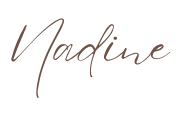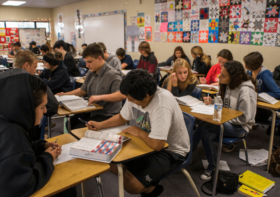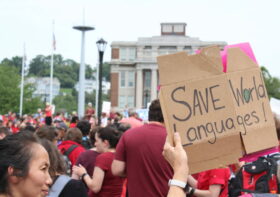Beyond Eurocentric Narratives: The Urgency of Truth in Education
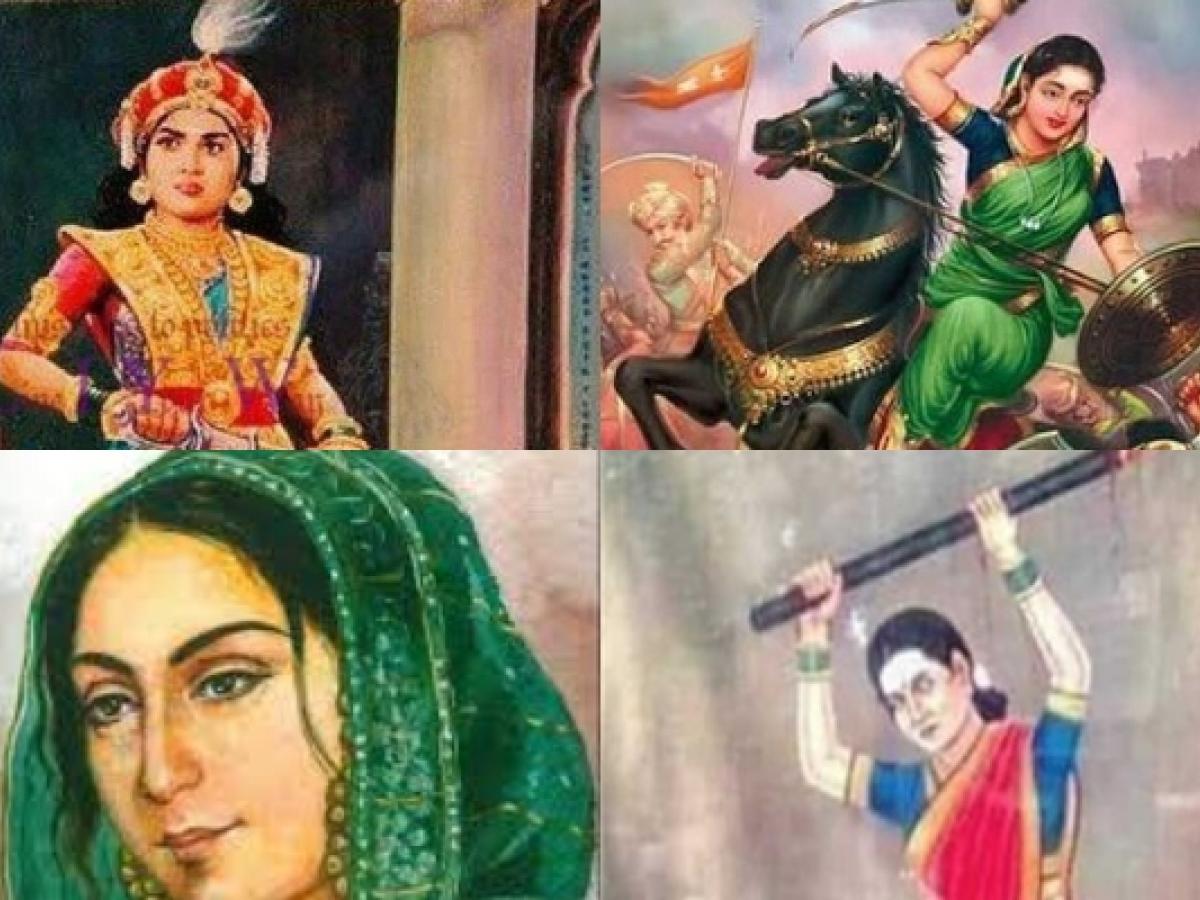
“History is written by the victors” is often repeated as though it were wisdom. In reality, it is a warning. The stories we inherit are shaped by power. Curricula are no exception.
Today’s educational systems continue to center European thought while sidelining the knowledge, achievements, and voices of others. These omissions are not innocent. They are embedded in a long history of domination that continues to structure how young people come to understand the world and their place in it.
The Real Impact of Eurocentrism
Eurocentrism is not simply the overuse of European examples. It trains students to view Europe as the origin of reason, modernity, and civilization. The rest of the world is rendered derivative or absent altogether.
This approach distorts legitimacy. Ancient African mathematical systems are rarely acknowledged, while the Greeks are named founders. Indigenous ecological practices are portrayed as folklore, while European science is cast as objective. Contributions from Asia, Latin America, and the Islamic world are either condensed or misrepresented.
When students absorb this framing, it affects their sense of what is valid, what is possible, and who has the right to speak with authority.
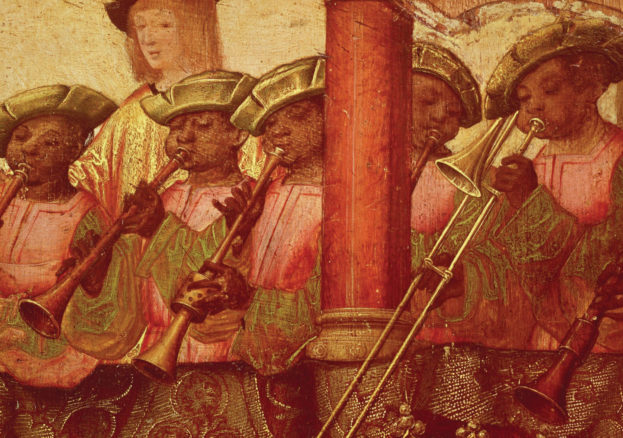
Education as a Site of Conflict
Nelson Mandela once described education as a powerful weapon. That power can be used for control or for liberation. Standardized curricula often repeat colonial logic. They ask students to memorize facts while discouraging them from asking whose facts these are, who benefits from their framing, and what is left out.
A liberatory education demands discomfort. It invites students to examine how knowledge is produced and who gets to be seen as a knower. It calls on educators to present narratives that complicate neat histories and challenge accepted truths.
Students deserve more than answers. They need tools to question, critique, and create new knowledge grounded in justice.
The Knowledge That Was Suppressed
Entire bodies of thought have been pushed to the margins or erased. Their absence in school books is a result of suppression.
- Mathematics and Architecture in Africa: The design of the pyramids and other complex structures relied on precise mathematical systems developed locally.
- Indigenous Science: Sustainable agriculture, astronomy, and medicine have long been part of indigenous communities, grounded in close observation and interdependence with the land.
- Asian Invention: Paper, printing, and early forms of vaccination were developed and refined in Asia, often centuries before their appearance in Europe.
When these contributions are left out, students are taught to associate innovation with empire and to see everyone else as latecomers.
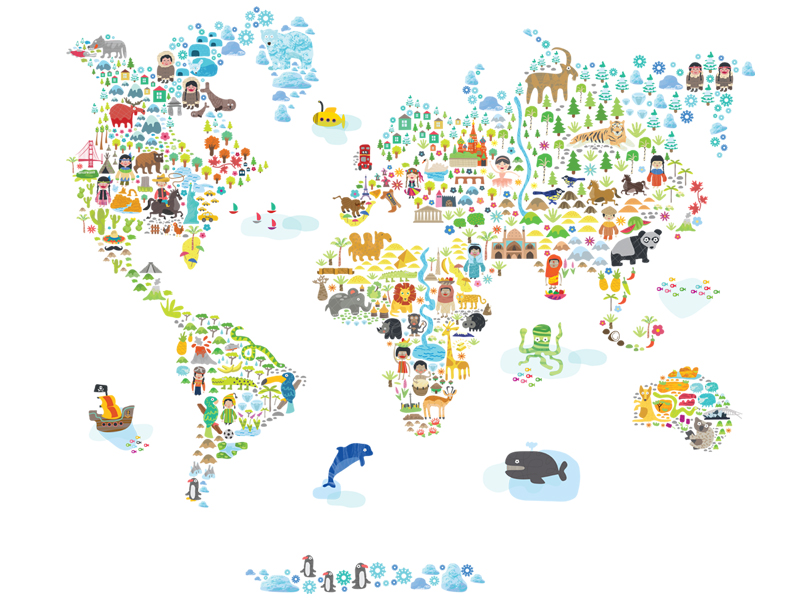
How Curriculum Can Be Redefined
Curriculum reform must be structural. Inclusion is not enough. The order of what is taught and how it is framed needs to be reworked.
- Remove the assumption that European knowledge is the baseline. Present global histories and contributions as part of a shared human archive.
- Train educators to recognize bias in their teaching materials and to move beyond scripts that reinforce hierarchy.
- Shift the learning environment toward engagement with lived experiences, community expertise, and non-institutional knowledge sources.
A just, holistic curriculum allows students to see themselves in the materials. It also teaches them to listen to others with respect and precision.

What Happens If We Don’t
Drawing inspiration from an African proverb, “Until the lion learns how to write, every story will glorify the hunter.” Many lions are already writing. They are creating scholarship, art, and community histories that expose the damage done by centuries of exclusion.
Curriculum that clings to imperial frames leaves students unprepared. They are asked to navigate a world shaped by displacement, war, and environmental collapse with tools that are insufficient and narrow.
Truth is not a fixed set of facts. It lives in the struggle to uncover what has been buried. If we are serious about preparing students for the world they will inherit, the time is now. Historically accurate education is a responsibility.
